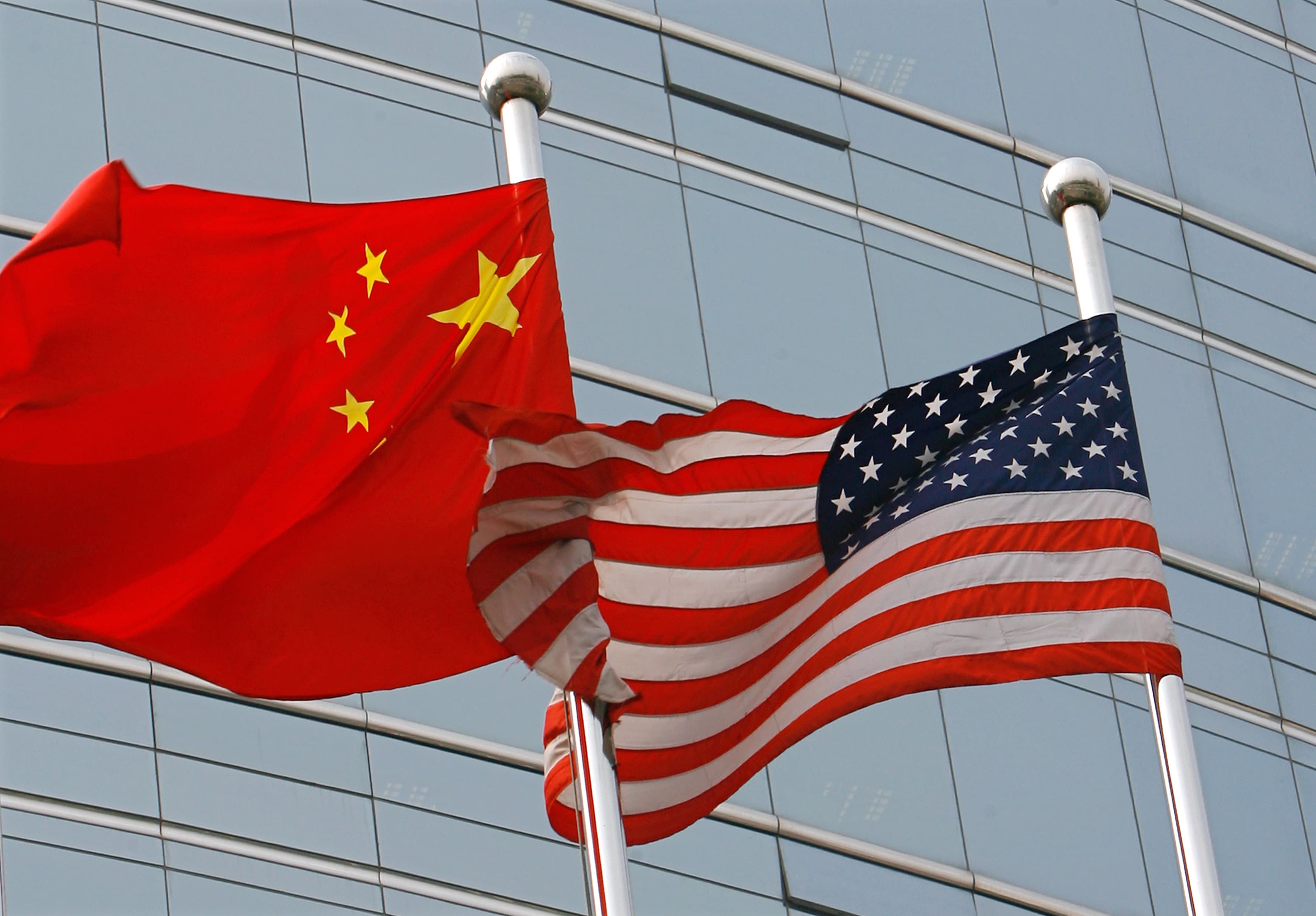
A Chinese paramilitary policeman stands guard at the entrance to the U.S. consulate in Chengdu, southwest China’s Sichuan province on September 17, 2012.
Goh Chai Hin | AFP | Getty Images
China’s Foreign Ministry announced Friday that it is revoking the license for the U.S. consulate general in the southwestern Chinese city of Chengdu.
The ministry also ordered the consulate general to cease operations, according to an online statement.
“The current situation between China and the U.S. is something the Chinese side does not want to see,” the foreign ministry said in an online Chinese-language statement, according to a CNBC translation.
“The responsibility lies entirely with the U.S. side,” the statement added. “We again urge the U.S. side to immediately revoke its relevant wrong decisions, to create necessary conditions for the two countries’ relationship to return to normal.”
When contacted by CNBC, the U.S. Embassy in Beijing declined to comment on the Chengdu consulate.
The Chengdu consular district covers the controversial autonomous region of Tibet, the municipality of Chongqing, and the provinces of Sichuan, Yunnan and Guizhou, according to the consulate’s website.
The announcement comes after the U.S. ordered China to close its consulate in Houston. U.S. State Department spokesperson Morgan Ortagus said the directive to close China’s consulate general in Houston was made to protect American intellectual property and the private information of its citizens. Beijing had condemned the decision and warned of firm countermeasures.
During a CNBC “Street Signs Asia” interview earlier on Friday, Eurasia Group’s Michael Hirson said that “if they were to choose an important but still secondary consulate like Chengdu or Shenyang, that would be in keeping with the role that the Houston consulate serves.”
Hirson, who is practice head for China and Northeast Asia at Eurasia Group, explained that targeting the consulates in Shanghai or Guangzhou “would be a notch above Houston.”
“If they were to close the Hong Kong consulate, that would be then thrusting this dispute into what’s already very serious impasse of course with the future of Hong Kong and Hong Kong’s autonomy,” he said. “So I think that would be the most escalatory move in terms of closing the consulate.”
Mainland Chinese stocks led losses in the Asia Pacific region during Friday trade, as U.S.-China tensions hit investor sentiment.
The Chengdu consulate, which was established in 1985, is one of five the U.S. has in mainland China, in addition to the embassy in Beijing.
About three-fourths of the roughly 200-person Chengdu consulate staff are Chinese, according to the consular website.
— CNBC’s Sam Meredith and Yen Nee Lee contributed to this report.


